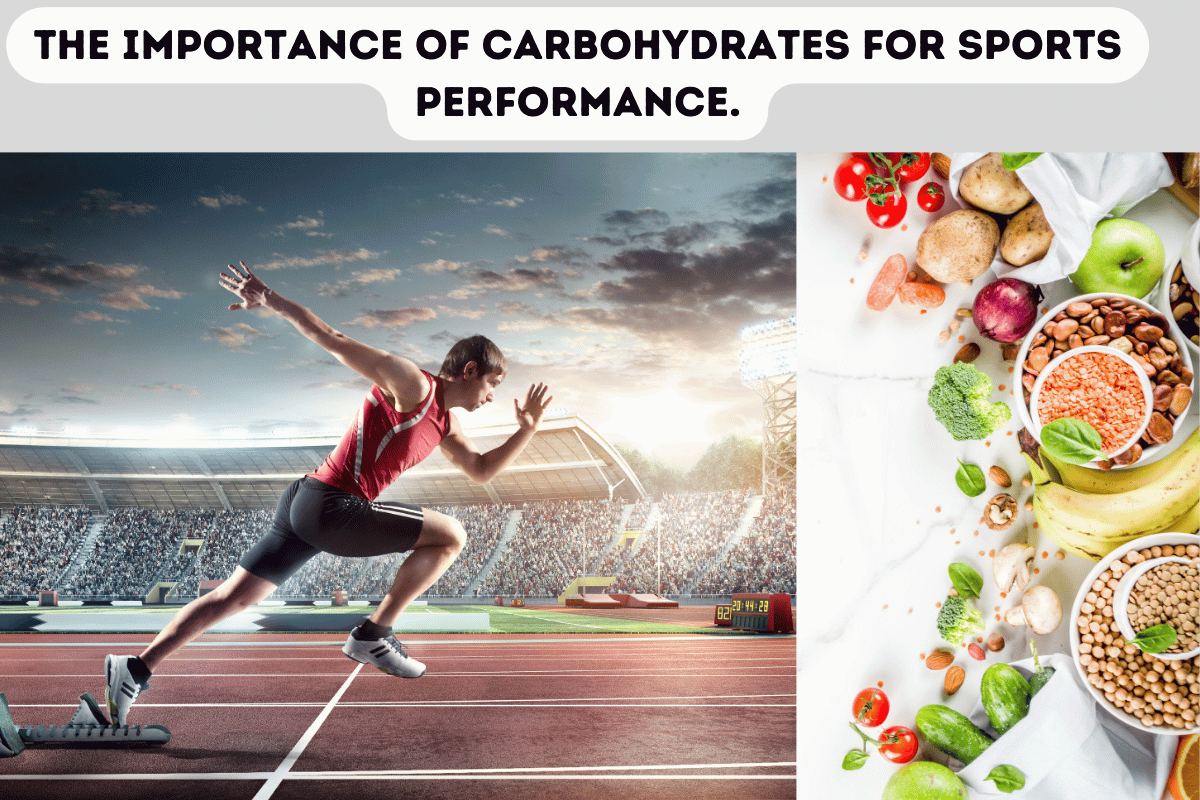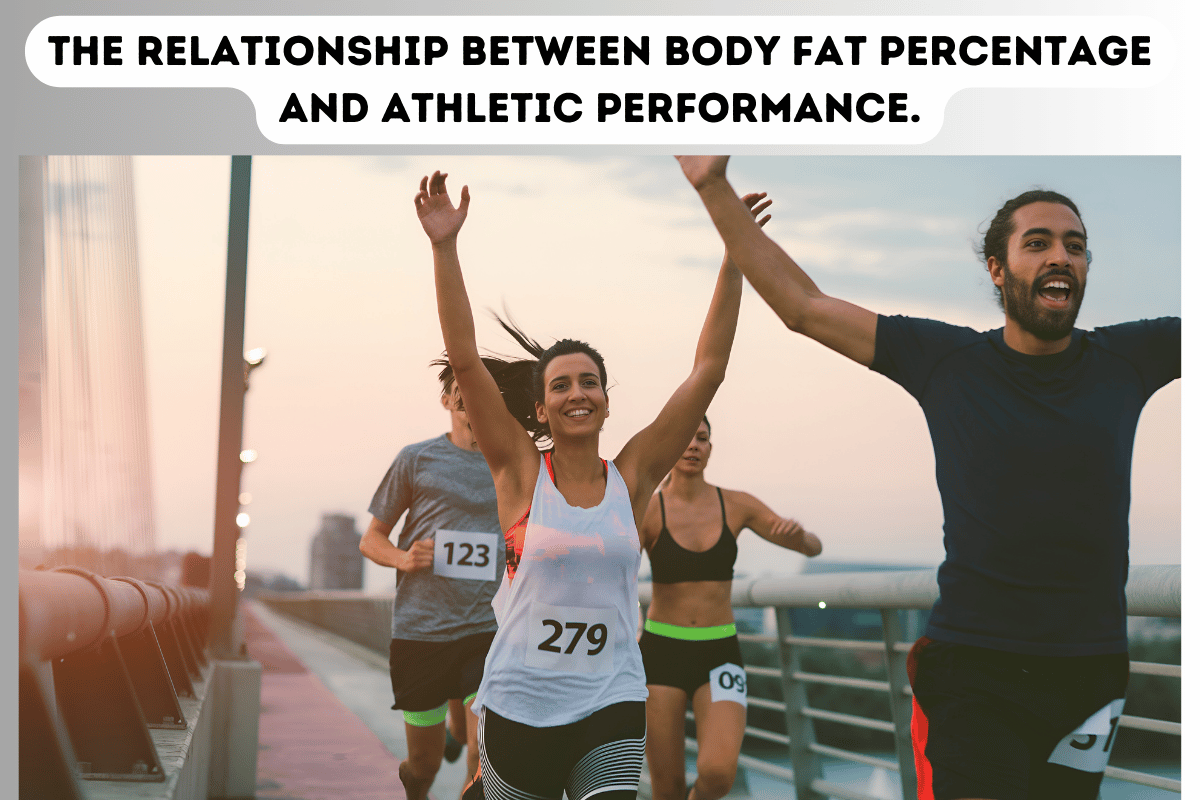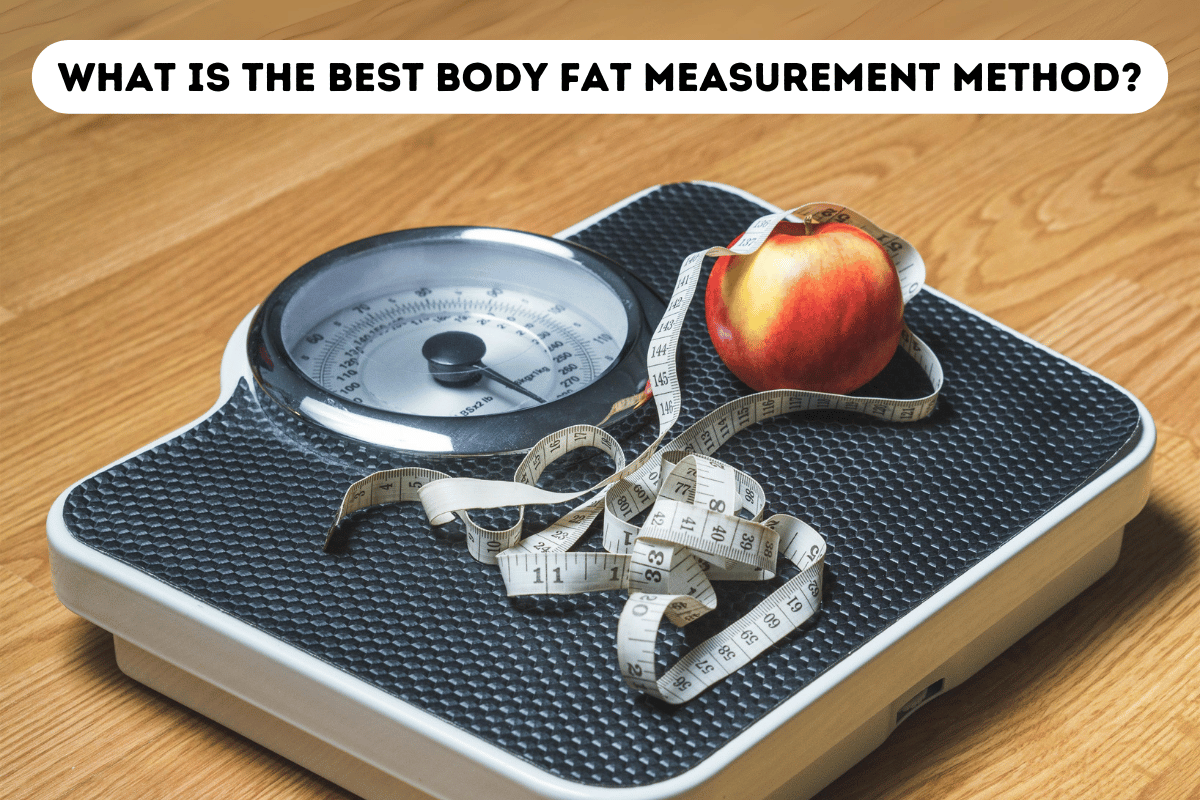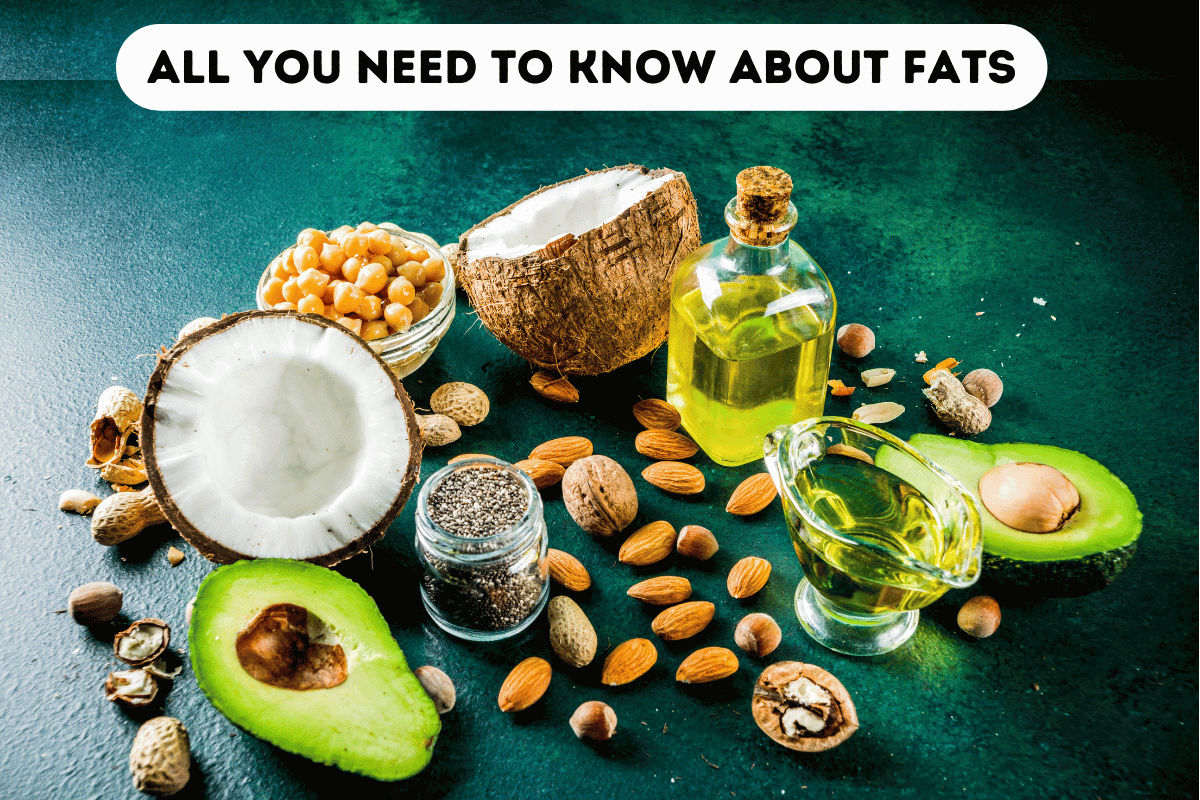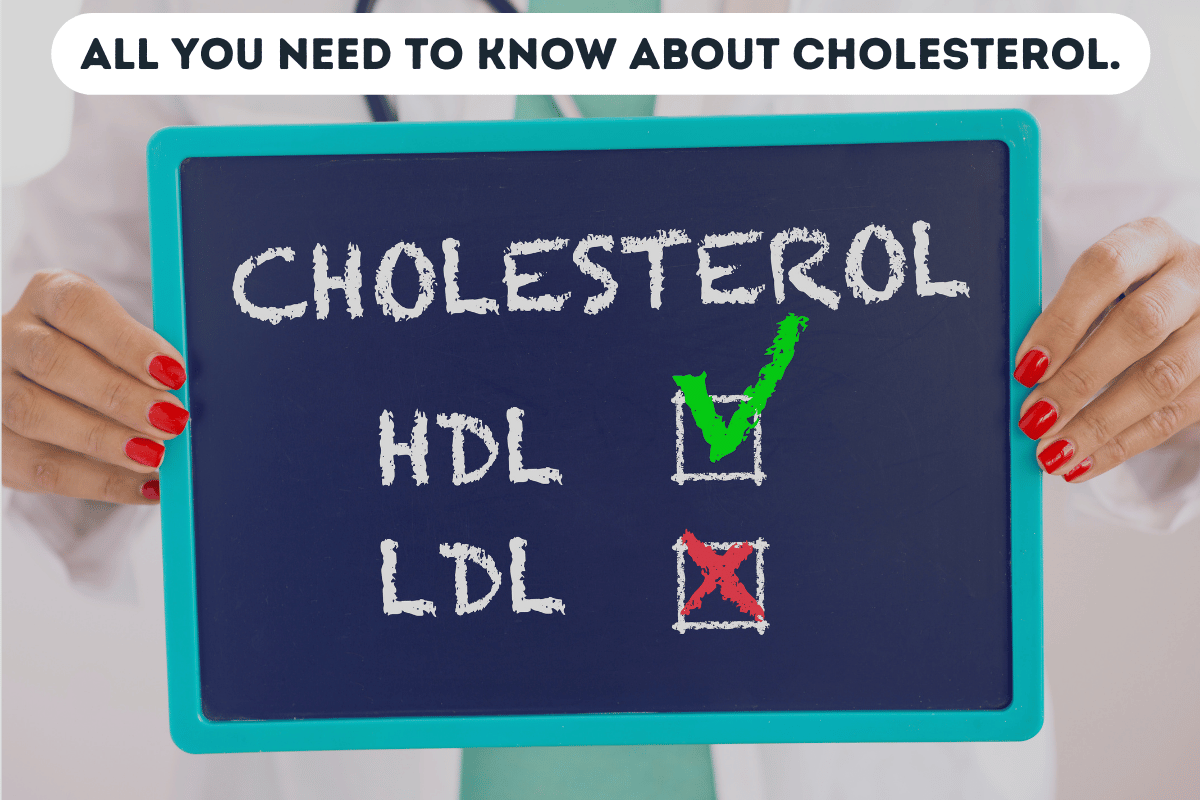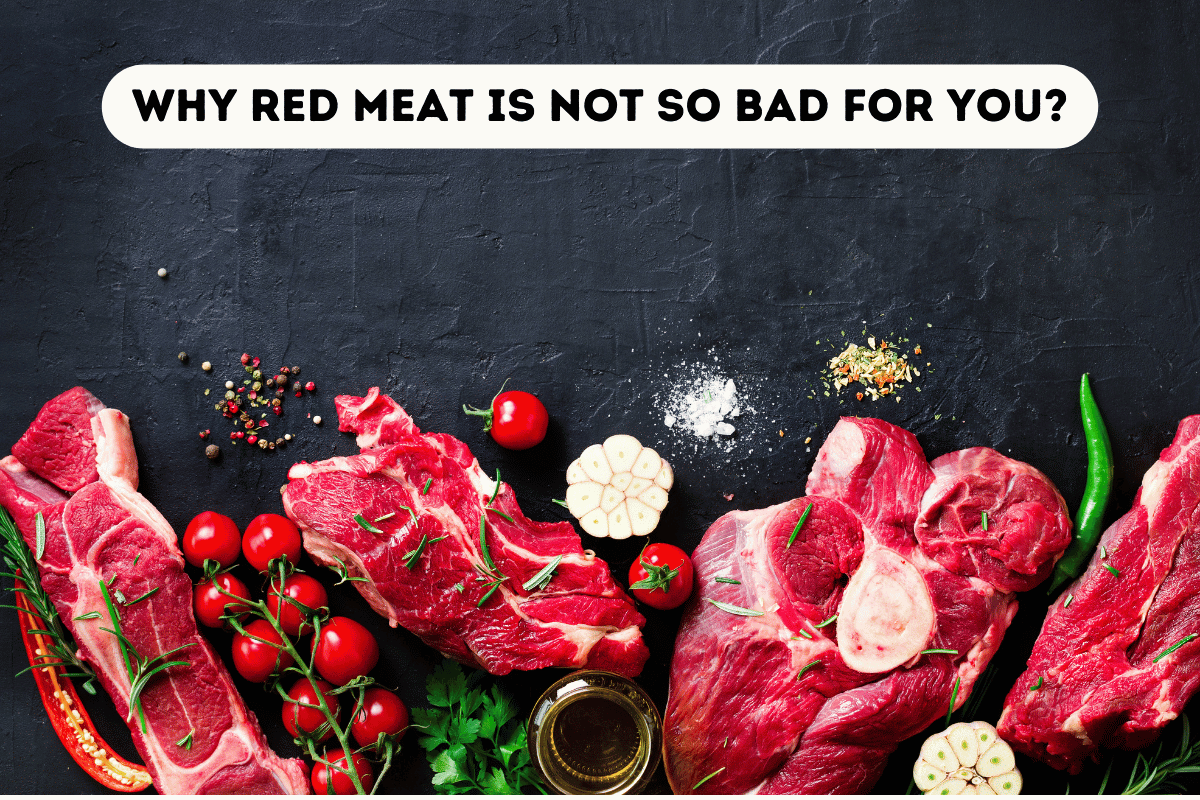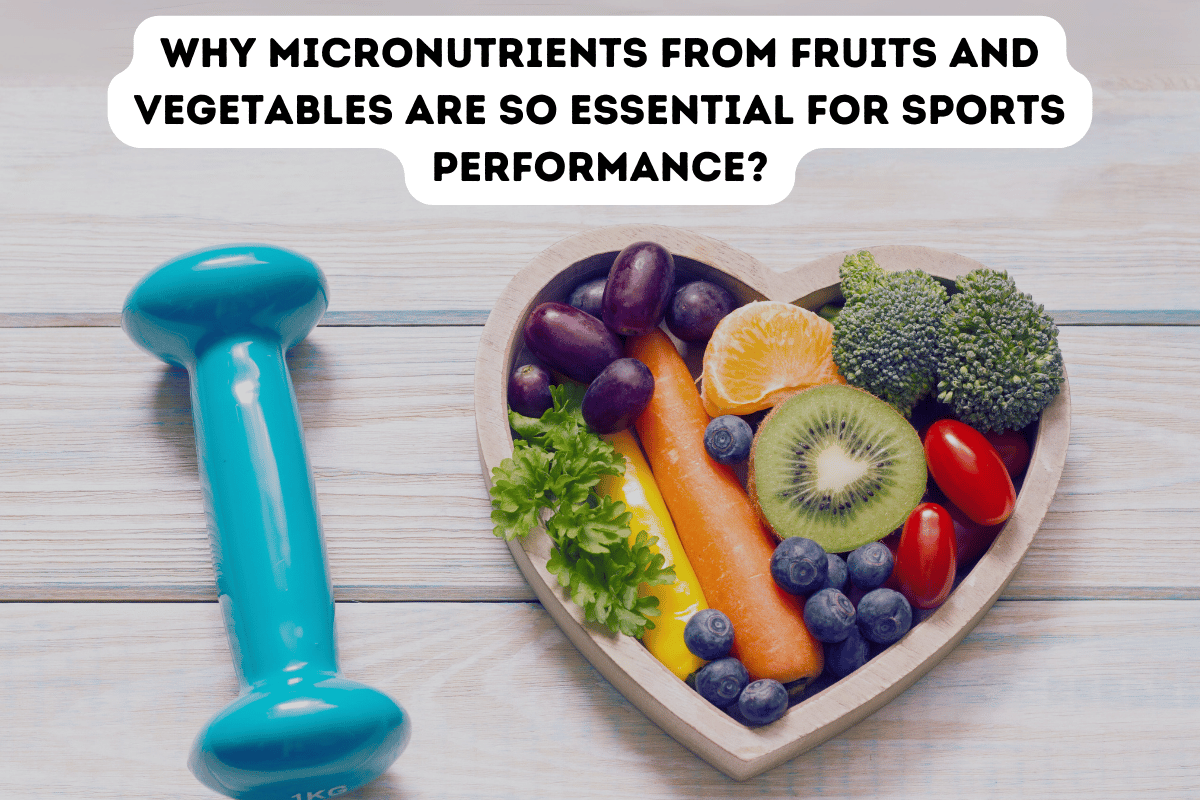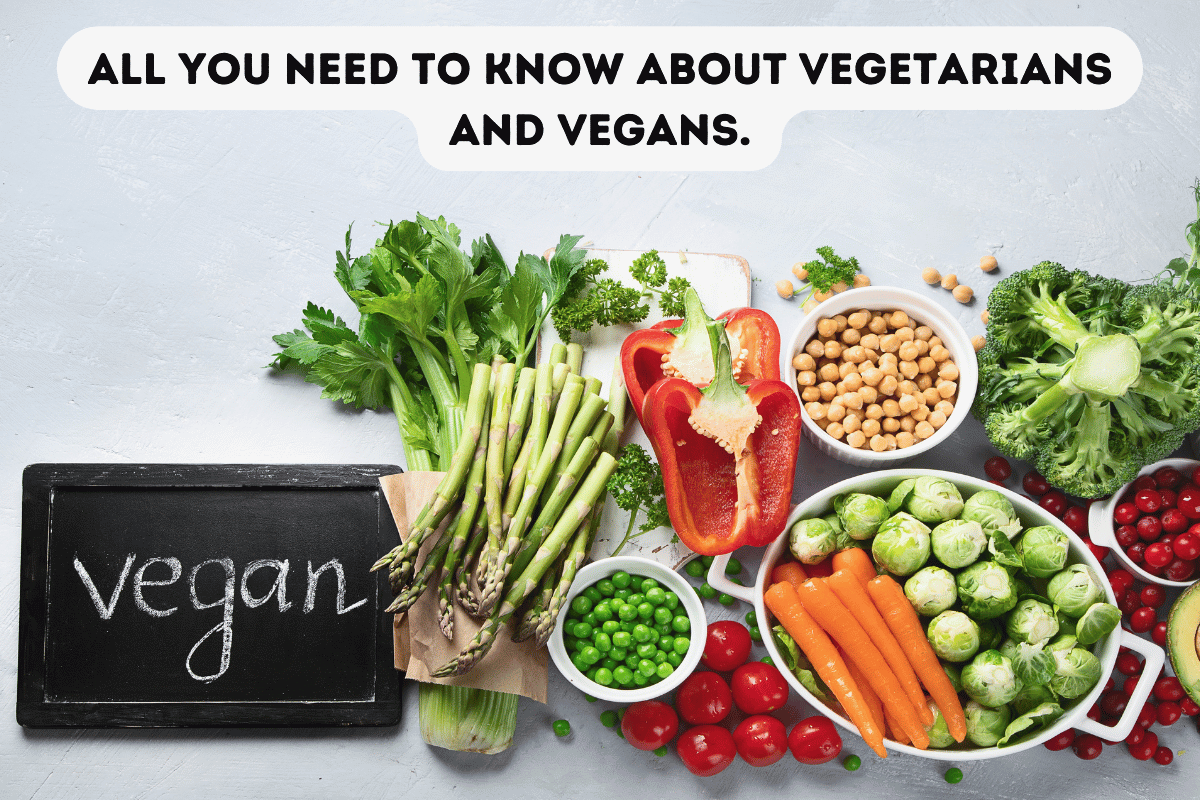In the previous article on carbohydrates, "All You Need to Know About Carbohydrates", we discussed the structure of carbohydrates, including simple and complex carbohydrates, fibre, and it's significance. We also covered topics such as glycemic index (GI) and carbohydrate requirements for adults. In this article, we will focus on carbohydrate requirements for athletes. Carbohydrates play a crucial role in fueling various activities, and the amount of glycogen stored in the muscles and liver directly impacts exercise performance. High muscle-glycogen levels…
The desirable body fat percentage for an athlete depends on their sport and gender. According to scientists, the ideal body fat percentage for most male athletes is between 6 and 15%, and for female athletes, it is between 12 and 18%. Body fat should be the lowest (less than 6%) for bodybuilders and probably long-distance runners, while for cyclists, gymnasts, sprinters, football players and martial arts, body fat should be between 6 and 15%. So, to cover the most basic…
Carrying excessive body fat is a disadvantage in almost any sport. It can badly affect strength, speed, and endurance. In sports like running, cycling, sprinting, and combat sports, excessive body fat is always a problem. The only sport where fat could give a necessary advantage is sumo wrestling. Surplus fat is like unnecessary baggage that you must carry, and because of that, almost any sport requires the leanest body to win. So, the goal for the majority of athletes is…
Fat is usually seen as 'the bad guy' when discussing diet and food intake, but it's important to remember that fat is an essential part of our diet. Fat is necessary for our bodies to function correctly. For example, fat provides more energy than either protein or carbohydrate, releasing 9 kcal/g, whereas carbohydrates and protein release just 4 kcal/g. Fat is stored in the body in the form of adipose tissue and can be used as energy when there is…
For many years people have been told that dietary cholesterol in food can raise blood cholesterol levels which can lead to heart attack or stroke. But now research is telling us that cholesterol is not a bad guy. It may surprise many people, but cholesterol is necessary for our good health. It has many important functions in our body and actually without cholesterol we would not survive. We need cholesterol for Vitamin D and hormone production (testosterone, cortisol, progesterone, and…
Very long-time red meat was associated with heart disease and bowel cancer. Consuming red meat was discouraged for many years, but now research is telling us that it may not be as harmful as we thought. First, observational studies (mainly used for nutritional research) are not always accurate and can give us wrong information. Secondly, red meat is very nutritious (it contains complete proteins, vitamin B12, niacin (Vitamin B3), zinc, selenium, iron, and other nutrients). Also, grass-fed versions of red…
Many athletes understand that optimising nutritional intake is essential for improving sports performance. They know the importance of protein, carbohydrates, and fat for their sports goals but sometimes forget about micronutrients in their diet, which they can get particularly from fruits and vegetables. Micronutrients in fruits and vegetables play an important role in maintaining health, energy production and tissue recovery during exercise and training. On the other hand, a lack of micronutrients in diet can lead to fatigue, muscle damage,…
Undoubtedly, diets packed with fruits and vegetables are very healthy for our bodies. Whole, minimally processed foods like fruits, vegetables, grains, nuts, and seeds can help lower the risk of heart disease, blood pressure, obesity, and type 2 diabetes. These foods contain heart-healthy fats, vitamins and minerals, and antioxidants, low in saturated fat and an excellent fibre source. But is it good to eat just fruits and vegetables and exclude all animal products and dairy? Let's find out. Who is…

